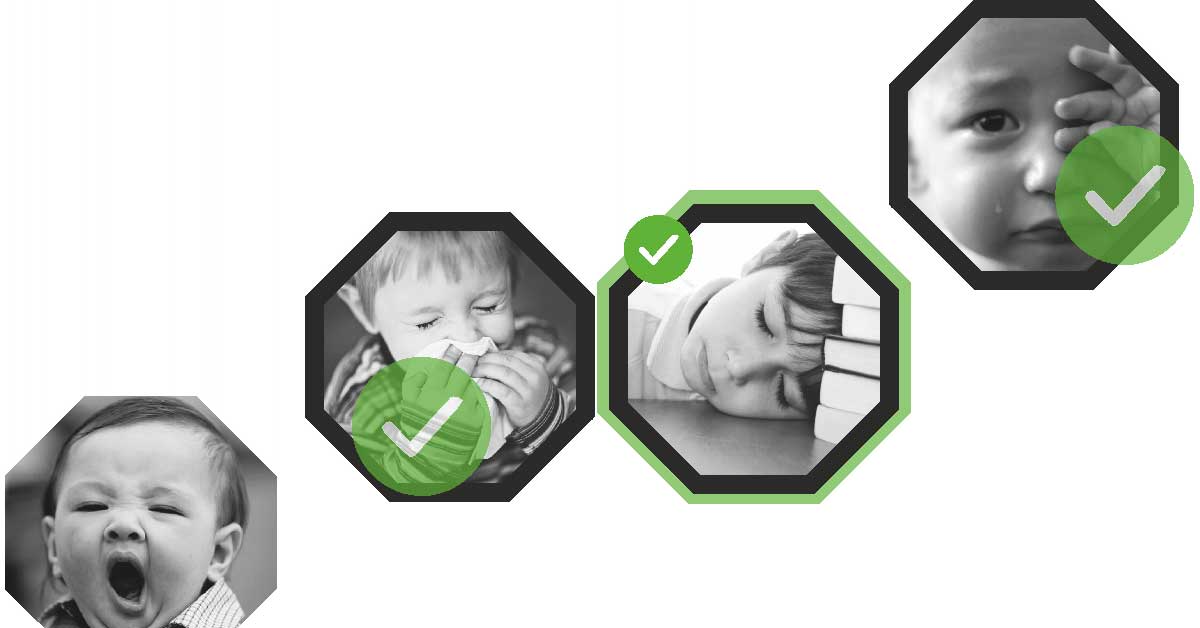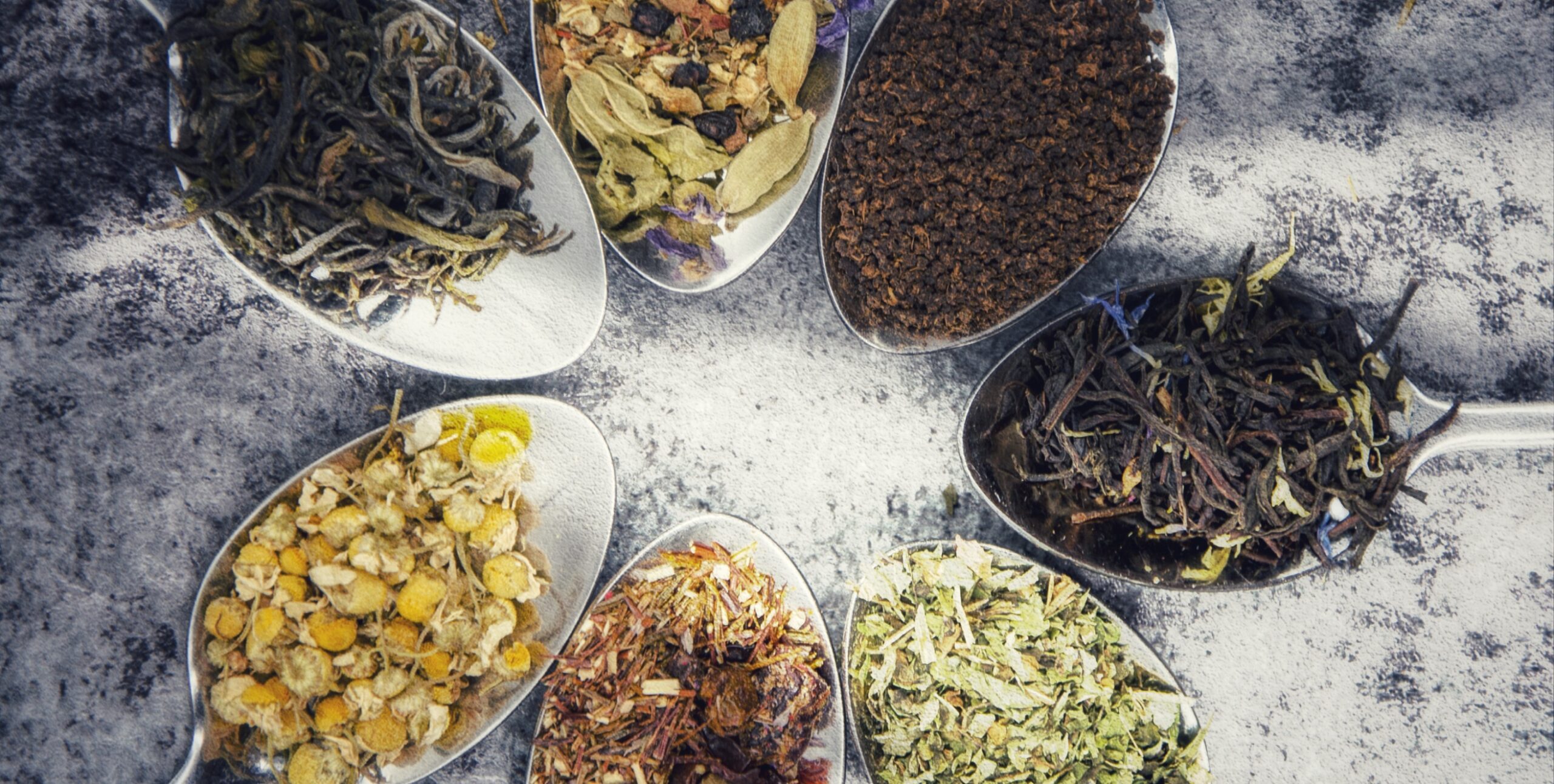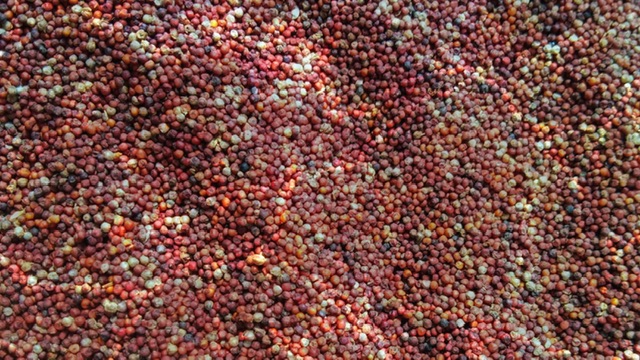Ahimsa is among the five yamas of Ashtang Yog. Ahimsa is non-violence in thought and action, towards environment, fellow beings and also, self. For reader to comprehend the inclusiveness of the term I would like to quote Yogi Ashwini, “suppression of one’s desires or natural urges also is a form of violence”.
Human body is a brilliant machine, which has an inbuilt mechanism to balance the useful and harmful substances in the body, one of them being initiation of cough, sneeze, sleep etc, called vegas in ayurved.
Ashtang Hridayam details thirteen natural urges or vegas of the body as follows,
Vegan na dharayet vata vin mutra kshavathu truta kshudham nidra kasa shramashwas jrumbha ashru chardi retasam (Ashtang Hridayam, verse 5.2)
Vegas are bodily functions controlled by the nervous system through which unwanted body materials are excreted naturally at regular intervals. Many-a-time, men and women suppress these natural urges of the body, either out of convenience or to avoid social embarrassment, thus practicing violence within one’s own body. As per Newton’s third law, every action has an equal and opposite reaction. The reaction in this case is manifestation of disease.
As per ayurveda texts, a major cause of all types of diseases is the suppression of vegas over a long period of time, also termed as vegadharana (vega means natural urge and dharan meaning suppression). Acharya Charak, Acharya Sushruta and Acharya Vagbhatta have dedicated a complete chapter on vegadharanam, its manifestations and their principles of treatment.
Listed below are some long-term hazards of suppressing natural urges :
Vata vega (urge of passing flatus) – Suppression of apaan vayu (adhovata), which is related to lower abdomen, causes painful upward movement of vayu in abdomen, distension of abdomen, debility, obstruction to pass flatus and faeces, urine retention, abdominal pain, diminished or loss of vision, loss of appetite and heart diseases.
Purish vega (urge of faeces) – Holding back the urge to defecate can cause pain in large intestine, headache, obstruction of stool, obstruction of flatus, cramps in calf muscles, distension of abdomen, bad odour from mouth and in extreme cases, vomit of stool.
Mutra vega (urge of urine) – Urge of urine when suppressed causes pains in the body especially in the in urinary bladder and penis, difficulty in micturition, headache, constipation, bending the body near to abdomen, distension of the abdomen. In the long run, it may result in chronic diseases of bladder and urinary tract.
Kshavathu vega (urge to sneeze) – Suppression of sneezing results in headache, stiffness in neck, facial paralysis, hemicrania or partial headache and weakening of senses.
Trushna vega (urge of thirst) – Regular suppression of thirst or delaying drinking of water causes dryness of throat and mouth, deafness, tiredness, exhaustion and discomfort in the chest.
Kshudha vega (urge for hunger) –Suppression of hunger leads to emaciation, weakness, discoloration, body aches, aversion towards food and vertigo.
Nidra vega (Urge to sleep) – Sleep is among the three pillars of health as per ayurved because it brings the normalcy in body tissues and relaxes the being. A good night’s sleep brings happiness, nourishment, strength, virility, knowledge and life to the individual. Keeping awake till late in the night and suppressing sleep causes delusion, excessive yawning, body aches, drowsiness, constipation, heaviness in the head and heaviness in the eyes.
Kasa vega (coughing urge) – Suppression of cough causes dyspnoea, anorexia, heart-disease, emaciation and hiccups.
Shramashwas vega (urge to breathe heavily on exertion) – Suppressing heavy breathing after exertion leads to abdominal tumor, heart disease, and delusions.
Jrumbha vega (urge to yawn) – Suppressing yawns causes diseases of the eyes, throat, ears and nose, bending the body near to abdomen, convulsions, contractions, loss of tactile sensation, tremors and shivering of the body.
Ashru vega (urge to cry) – Suppressing the urge to cry causes common cold, headache, diseases of the eye, diseases of the heart, loss of taste and dizziness.
Udagar Vega (urge to belch) – Suppression of belch develops hiccup, dyspnoea, loss of appetite, shivering and a feeling of heaviness in chest and heart.
Chardi vega (urge to vomit) – Suppressing the urge to vomit can cause erysipelas pruritus, urticaria or rash, itching all over the body, anorexia, black colored patch on face, oedema or swelling, anemia, fever, skin diseases and nausea.
Shukra vega (urge to discharge seminal fluid) – Ayurveda promotes preservation of semen, however it is to be achieved naturally, not per force and in tandem with higher practices of yoga. Suppression of urge to discharge can lead to swelling and pain at genitals parts especially in penis and testicles, fever, discomfort in the region of heart, body aches, obstruction during urination, enlargement of scrotum, formation of seminal calculi and in extreme cases, impotency.
To put in a nut-shell, do not suppress natural urges of the body. At the same time, do not forcibly initiate an urge as that too creates imbalance leading to vata-related disease.
References:
- Ashvin Bagde, Ranjeet Sawant. Adharaniya vega – Inimitable concept in extent of disease manifestation and treatment. Ayurpharm Int J Ayur Alli Sci. 2013;2(11):332-340.
- Santosh Singh, Ashok Sinha: The role of Adharaniya vega in the genesis of diseases, AAMJ 2015; 1 (2): 78-81 Source of Support: Nil. Conflict of Interest: None declared
Download the Dhyan Foundation – Sanatan Kriya App for Android here and for iOS here.





